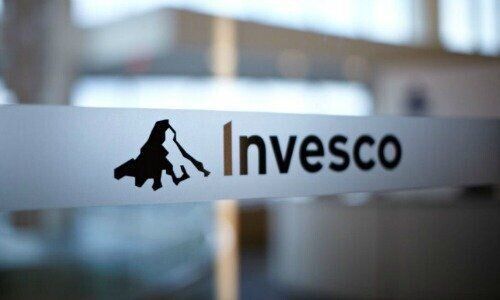Invesco Lists First ETFs on Tel Aviv Stock Exchange
Invesco listed its first exchange-traded funds (ETFs) on the Tel Aviv Stock Exchange (TASE) as the investment management firm aims to boost market share in the jurisdiction.
The TASE has become a major regional ETF hub, although most products have been from local issuers, Invesco said in a press release Monday, noting its listings boosted the foreign-issuer offerings to just over 30.
The company’s ETF business has had a physical presence in Israel since 2014, with growing local demand helping to boost its EMEA ETF assets under management (AUM) to $67.5 billion by end-2021, the release said.
Further growth expected
"Israel has grown in importance for us as a business and this latest step to locally list some of our core and more innovative products is a natural reflection of this relationship and market dynamic,” Gary Buxton, head of EMEA ETFs at Invesco, said in the statement. “The country's investors, from institutions to retail, have welcomed ETFs as a low-cost, transparent and liquid investment vehicle and we expect further growth in 2022."
The initial products included a mix of the company’s flagship UCIT ETFs and others which are popular with investors in the region, including the Invesco S&P 500 UCITS ETF and the Invesco MSCI Emerging Markets UCITS ETF, the company said in a press release Monday.
Invesco also listed the Invesco KBW NASDAQ Fintech UCITS ETF, a health-care focused ETF and an S&P Financials-focused ETF, while an ESG version of the S&P 500 UCITS ETF is set to be added soon, the release said.
ETF demand growth
Ittai Ben-Zeev, TASE CEO, said Invesco’s additions demonstrated the demand for ETFs in Israel.
“The listing will allow local investors to access to a wider range of investments and is part of our strategic plan to expand the range of services and products available to Israeli investors,” Ben-Zeev said in the statement.
Overall, Invesco posted AUM growth of 36 percent for the year, with over $3 billion in net new assets flowing into its S&P 500 UCITS ETF.
Invesco manages $1.6 trillion in assets globally as of end-December.



























